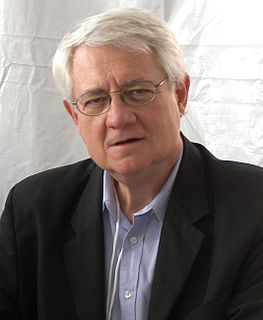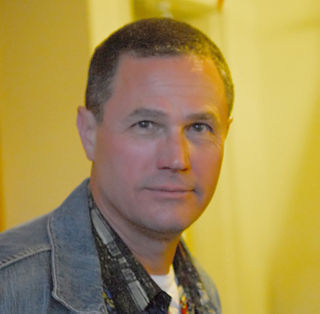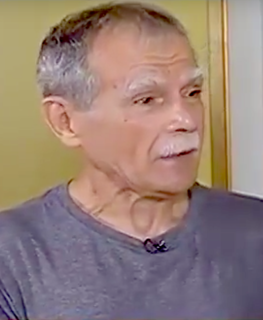A Quote by Gerard Way
I wouldn't have been able to move to L.A. if I felt I was going to lose my identity as a New Jerseyian. My accent has gotten thicker since I've lived here.
Related Quotes
I'd never gotten to do an accent for anything that I've done, so that was really appealing because I love doing accents. Ever since I was a kid, I made it my business to try to mimic foreign accents, so it was really fun to be able to do that. I was really working on the accent to try to make it really good.
I had this very strict rule when I began auditioning that I wasn't gonna do a thicker accent, because it was like, 'I can't tell if it's supposed to be funny because he talks funny.' And now I feel like there are certain characters that I could play that could involve doing a thicker accent, as long as it's specific to that character.
Ever since I was a child, I always had insecurity or suspicions about my own personal identity. That's why I started going to a lot of movie theaters, because I felt more comfortable there than at school. Now, the search for a personal identity is becoming a common topic for young Japanese people, and it's a big theme in their own lives. But it's been a theme in my life, as well, ever since I was young.
I believe, as a Puerto Rican, that the majority of Puerto Ricans want to be Puerto Ricans. Once we become annexed to the United States or by the United States, that we will lose our national identity. I can look at Hawaii as an example of people who lose, the Natives who lose their identity. I can look into the Native American reservations and see people who lose their national identity, their culture, their language, their land. And that's what's going to happen to Puerto Ricans here.
My biggest problem with President Bush is when we were in kindergarten together, he broke my favorite red crayon! Since that moment, my psychiatrist told me that I haven't been able to move forward as a person. Severely hindering the chances of me being able to mature any since that tragic day. For that, I'll never forgive him.
With the accent, it's an internal dialogue that Southerners have with themselves. We kind of carry around that shame, that feeling of being inferior to the North. I think I did lose some of the accent for a while. Because when I was a graduate student, I was terrified at having to get up in front of a roomful of smart New York kids.
There is a business built around racial grievance. And that business is booming at such a level that white people are like hey, I'm going to adopt a whole new identity so I can benefit from being Baby Al Sharpton, Baby Jesse Jackson, and in academia, this has been embraced and she has been able to pull off this scam.
I wanted to be seen as a good person, and never wanted to let people down, but I found it hard to handle the fame or adulation. I didn't feel worthy of it. I was ashamed by who I thought I was because I felt partly responsible [for the abuse] and I was never able to enjoy the stuff I should have been able to enjoy. My first thought when I won the Tour was: 'My God, I'm going to be famous', and then I thought, 'He's going to call'. I was always waiting for that phone call. I lived in fear that anyone would ever find out.




































